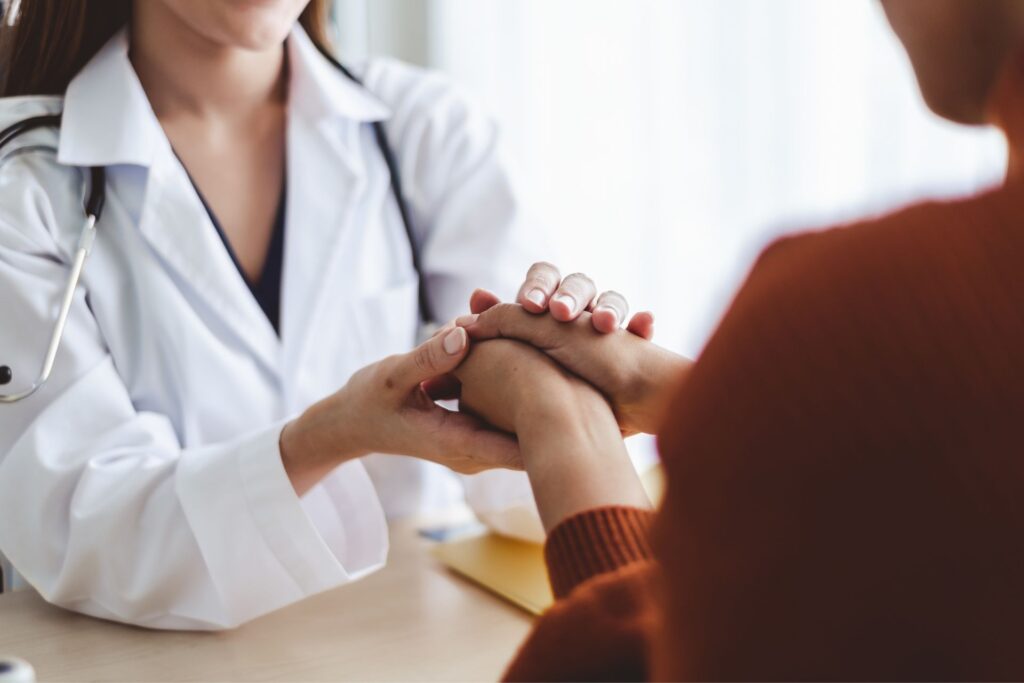
Understanding Emergency Pharmacy Needs
Medical emergencies don't wait for convenient hours. When you need prescription medications urgently, knowing how to access emergency pharmacy services may be important for your health and recovery. From sudden illness to prescription emergencies, having a plan for urgent pharmaceutical needs is an important part of healthcare preparedness.
Emergency pharmacy situations can include running out of critical medications, needing antibiotics for sudden infections, requiring pain management after injuries, or needing medications following emergency room visits.
Types of Emergency Pharmacy Situations
Understanding different types of pharmaceutical emergencies helps you know when to seek urgent pharmacy services:
Critical Medication Shortages:
- • Heart Medications: Blood pressure medications, heart rhythm drugs, and cardiac prescriptions
- • Diabetes Management: Insulin and blood sugar control medications
- • Respiratory Medications: Inhalers, breathing treatments, and oxygen-related prescriptions
- • Seizure Medications: Anti-epileptic drugs that require consistent dosing
- • Mental Health Medications: Antidepressants, anxiety medications, and mood stabilizers
Acute Medical Needs:
- • Antibiotic Prescriptions: For sudden infections requiring immediate treatment
- • Pain Management: Post-surgical or injury-related pain medications
- • Allergy Medications: Emergency allergy treatments and EpiPens
- • Eye Care: Prescription eye drops for infections or injuries
- • Pediatric Emergencies: Children's medications for fever, infections, or chronic conditions
Finding Emergency Pharmacy Services

When searching for an emergency pharmacy near me, consider these options:
24-Hour Pharmacy Locations:
Some pharmacies maintain 24-hour operations specifically to handle emergency medication needs. These locations typically staff licensed pharmacists around the clock and maintain comprehensive medication inventories. Queens residents can access emergency pharmacy services with same-day delivery available 24/7/365.
Hospital Pharmacy Services:
Many hospital pharmacies can fill emergency prescriptions, especially for patients who have been treated in the emergency department. These pharmacies often have access to specialized medications and can coordinate with medical staff.
Extended Hour Pharmacies:
Pharmacies with extended hours (such as those open until midnight or opening very early) can help bridge the gap between regular business hours and true emergency needs. Many also offer emergency prescription delivery to bring medications directly to your home when you can't visit in person.
What to Expect During Emergency Pharmacy Visits
Emergency pharmacy visits may involve different procedures than routine prescription pickups:
Documentation Requirements:
- • Valid photo identification
- • Insurance cards and coverage information
- • Original prescription or prescription information
- • Contact information for prescribing physician
- • List of current medications and allergies
Emergency Prescription Processing:
- • Verification Process: Pharmacists may need to verify emergency prescriptions with prescribing doctors
- • Insurance Authorization: Emergency prescriptions may require special insurance processing
- • Temporary Supplies: Some situations may warrant temporary medication supplies until regular pharmacy services resume
- • Documentation: Emergency fills often require additional paperwork and patient information
Emergency Prescription Transfer Services
When your regular pharmacy is closed, emergency prescription transfers can help ensure medication continuity:
Transfer Process:
- • Prescription Information: Have your prescription numbers and pharmacy information ready
- • Insurance Coordination: Emergency transfers may require insurance verification
- • Medication History: Provide complete medication lists to avoid interactions
- • Temporary vs. Permanent: Decide whether the transfer is temporary or permanent
Preparing for Pharmacy Emergencies
Proactive planning may help manage pharmaceutical emergencies more effectively:
Medication Management:
- • Refill Planning: Order refills with enough time to avoid running out
- • Travel Supplies: Maintain extra medication supplies for travel or emergencies
- • Prescription Records: Keep updated lists of all medications and dosages
- • Pharmacy Information: Know the locations and hours of nearby pharmacies
Emergency Contact Information:
- • Your regular pharmacy's phone number and hours
- • Alternative pharmacy locations with extended hours
- • Healthcare provider emergency contact information
- • Insurance company emergency authorization numbers
Costs and Insurance Considerations
Emergency pharmacy services may involve different cost considerations:
Insurance Coverage:
- • Emergency Fill Coverage: Most insurance plans cover emergency prescription fills
- • Prior Authorization: Some medications may require emergency prior authorization
- • Out-of-Network Fees: Using non-preferred pharmacies may result in higher costs
- • Temporary Supply Limits: Emergency fills may be limited to shorter supplies
Payment Options:
- • Cash payments for immediate medication needs
- • Prescription assistance programs for eligible patients
- • Pharmacy discount programs and generic alternatives
- • Payment plans for expensive emergency medications
Special Considerations for Chronic Conditions
Patients with chronic medical conditions should take extra precautions regarding emergency pharmacy access:
Condition-Specific Planning:
- • Diabetes: Maintain emergency supplies of insulin and testing supplies
- • Heart Conditions: Know which medications are critical and cannot be missed
- • Mental Health: Understand withdrawal risks and medication timing
- • Respiratory Conditions: Keep backup inhalers and know emergency medication protocols
When to Seek Emergency Pharmacy Services
Seek emergency pharmacy services when:
- • You've run out of critical medications that cannot be safely skipped
- • You need antibiotics or other medications for acute infections
- • Your regular pharmacy is closed and you need medication immediately
- • You're traveling and need prescription refills
- • You've lost or damaged essential medications
- • You're experiencing medication side effects and need alternatives
Emergency pharmacy services provide important healthcare access when regular services aren't available. Community pharmacies like AV Chemist often play important roles in emergency preparedness by developing specialized services such as emergency delivery programs that can serve patients even outside traditional business hours. By understanding your options and planning ahead, you may help ensure that urgent medication needs don't compromise your health and recovery.